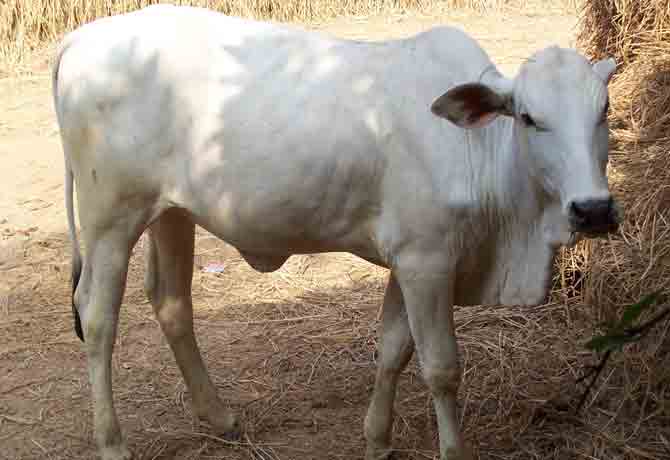Sunandini is a composite breed of cattle developed in India by crossing nondescript cattle with Brown Swiss, Jersey cattle and Holstein Friesian cattle. Jersey and HF bulls from many parts of the world are extensively utilized to generate this breed.
Origins
The origins of the Sunandini in India can be traced to the importation of 22 Brown Swiss bulls and 45 cows during the period from 1964 to 1967 (Crettenand and Chacko, 1976, personal communication). The bulls were mated to a nucleus stock of 140 nondescript cows. Subsequently, semen from 11 more bulls was imported.
Information collected from various sources indicates that about 40 Jersey bulls were used in the crossbreeding programme. Most of these bulls were of Australian or New Zealand origin. Table I gives an account of the exotic bulls involved in the breeding programme.
The KLDB imported two consignments of exotic bull semen for the production of F1 bulls. These included Jersey, American Brown Swiss and Holstein. The major component of zebu in the Sunandini breed is the local nondescript cattle of Kerala, even though one or two attempts have been made to introduce Sahiwal, Gir and Kankrej into the population. Cows of these breeds were employed for the production of F. bulls. Their impact on the Sunandini population was not significant. It can be seen later on in the article that the Sunandini breed is currently undergoing changes with respect to its objective, genetic content and characteristics. Originally conceived as a multipurpose breed for milk, draught and meat, it is now becoming solely a milk breed.
